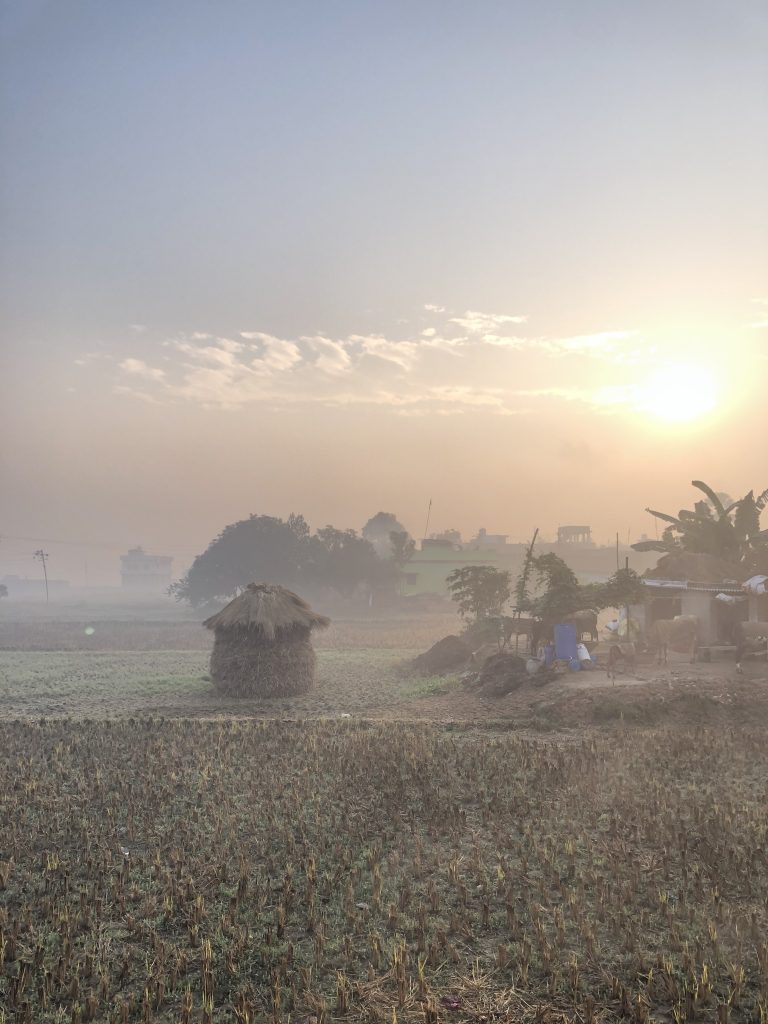Lessons from Bihar

By Dr. Ankit Raj
COVID-19 in Rural India: Different Approaches to the Same Problem

Some cities and countries support you when you grow old or when you fall sick. These are the places that have institutions in place, a system in order, and proactive policymaking in continuous progress. Bihar has all of that- a constitutional democracy, political institutions, representative policymaking, and a large human resource- yet it’s a surprise how it continues to falter on all economic and health indicators.
In rural Bihar, poor infrastructure, and ignorance of the gravity of the current crisis make successive waves and mutant strains of COVID-19 agonizingly more serious than at most other places within and outside India. After wrecking lives across the world, COVID-19 is now knocking at the broken doors of rural Bihar and the picture doesn’t look pretty.
It is very crucial to stress the importance of the facts. But it is equally important to hear stories straight out of the horse’s mouth. I have grown up in rural Bihar and by the forces of the pandemic, I am currently working here. It has a rich culture of tightly knit communities that care for each other. A long history rooted in democracy, religion, Buddhism, and education. A chaotic yet vibrant democracy.
The virus is now moving out of urban India to rural Bihar, which is mostly not on social media, cannot send SOS messages over Twitter, and can never order for home collection of blood samples. There are not that many medical facilities and where it is, it is heavily strained with even basic resources and manpower.
Most rural communities, individuals, and families do not accept COVID-19. To them, it’s a non-existent entity created by the elite and that infects only the elite. To them, COVID-19 is a disease of urban or rich individuals. Misinformation is so rampant that many believe COVID-19 only infects people with urban lifestyles and spares individuals who have grown up in the dirt and dust of farms.
Last year, when migrant workers started returning to villages from large cities after lockdown erased most of the daily-wage work, many believe they carried COVID-19 with them to the villages. Again, this year, at the beginning of state lockdowns following the second wave of COVID-19, migrant workers started returning. It is believed that they carried with them, once again, COVID-19, and this time a stronger mutant.
Most carry on with their usual daily activities in sheer ignorance of apparent covid symptoms and some sort of foolish bravery. Others are complacent in nurturing a false sense of security. Local physicians, more often untrained quacks, often misdiagnose people with even typical COVID symptoms as typhoid, which is later confirmed by false-positive Widal test. At other places, there is poor access to testing. Emergency medical services are near too negligible.
Amidst all the chaos and a state-wide lockdown, weddings and funerals go on, as usual, openly flaunting the state guidelines and attracting gatherings in clear violation of lockdown restrictions. These gatherings become breeding ground for the SARS-CoV-2 virus and attendees go on to spread the disease to villages that may have been spared until then.
There are places with adequate testing and medical services that are within accessible reach, but then again it’s never all roses. Eves when all resources are available, many people from rural Bihar outright refuse any attempt at testing and screening. There is a deep-seated stigma and sense of untouchability associated with COVID-19. Individuals diagnosed with the disease have often been made a social outcast for the duration of illness, and in many cases, for weeks after complete recovery. When death happens due to COVID-19 in a family, there is no one to console surviving members or to offer any support. It has played huge havoc on the mental health of villagers, especially the elderly living alone, with their children far away in cities. There is also a scary distrust towards hospitals and physicians. People falsely believe that anyone who goes to the hospital dies and it’s the physicians who are killing the patients. As a result, many people refuse to admit their severely ailing family members to hospitals.
It is difficult to ascertain the real magnitude of COVID-19 in rural Bihar where there is no proper documentation, testing, admissions, and treatment. Even if it was, people are as complacent as the administration in COVID ignorance. In the second and successive waves of the pandemic, it’s rural India that’s going to suffer most.
Like what you read?
More from Dr. Ankit Raj here.

